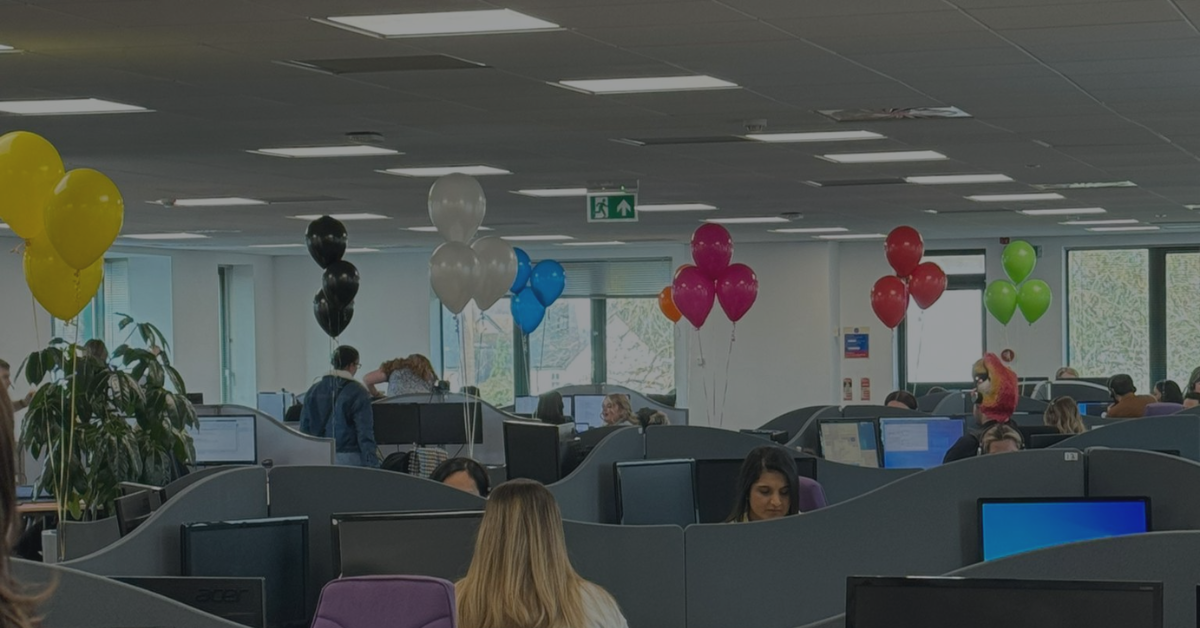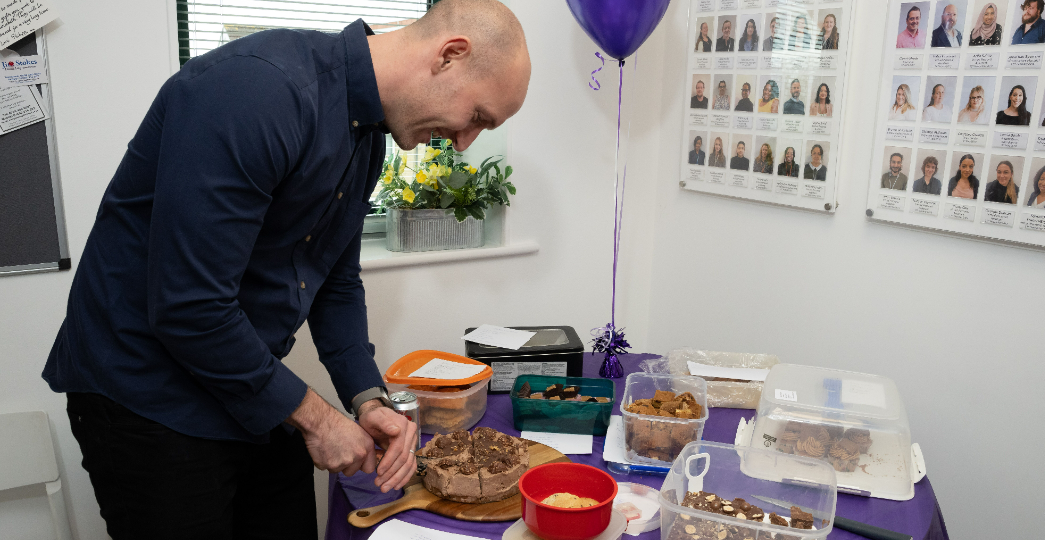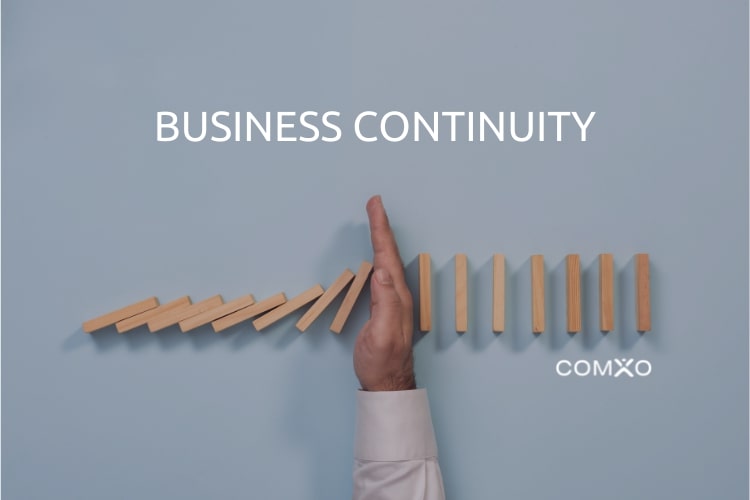Profits-per-partner is a crucial metric for success for law firms, as an indicator of financial health, profitability, competitiveness and rate of growth. In order to run an efficient and successful legal practice, it’s important that firms have the ability to focus on achieving optimal PPP. But the onset of hybrid working has made this harder than ever. Most workplaces now use an ecosystem of different communication channels – Slack, Teams, Zoom, email, phone – which means that attention is often fragmented and distractions are frequent.
In addition, remote work has fostered an always-available culture, with employees keen to be seen as visible and productive. Which may sound like a galvanising force in terms of output, but in fact may have the opposite effect - eating into personal time and leaving your team feeling overstretched.
So how can your firm avoid the pitfalls and embrace a work culture that contributes positively to PPP? Here are some useful tips.
Minimise distractions
A study by the University of California found that it takes an average of 25 minutes to refocus after an interruption. Even if the time you spend answering emails and jumping on Zooms doesn’t sound huge in terms of minutes and seconds, the cumulative effects of lost focus add up to a significant amount of squandered productivity over time.
Busy offices are prime environments for in-person interruptions (the same study found workers are distracted every eleven minutes on average.) But working from home comes with plenty of familiar distractions as well: the Amazon driver at the door, the noisy neighbour, perhaps even a needy pet. Once the flow is broken, it’s tough to get back to the task at hand. Giving your team the trust and flexibility to decide how and where they work is a good place to start, along with ensuring your office has plenty of quiet areas for disturbance-free work. Making sure you have a culture that allows them to properly manage time helps too. For example, 32% of people have found themselves thinking “this meeting could have been an email”, according to SurveyMonkey.
Using a dedicated team to handle potential interruptions – for example, an outsourced switchboard service to field your calls – is also a great way to ensure that your team is able to operate at maximum concentration. A responsible, empathetic switchboard team can answer all inbound calls on your behalf and filter them according to urgency, keeping distractions to a minimum.
Streamline your tech stack to beat the ‘toggling tax’
Your team will need to use a variety of programs for their work – productivity tools, scheduling apps, research databases, word processors, document management software, and much more. Harvard Business Review notes the adverse effects of the so-called ‘toggling tax’ - the time and mental energy lost to flicking between different tabs and programs. Even a simple task might require visits to a practice management platform like Clio or Denovo, a storage solution like Dropbox or OneDrive, plus a handful of other apps – DocuSign, Outlook, Word – all to complete one small job.
Because the different platforms all have unique user interfaces, purposes and layouts, the cognitive effect can be significant. The Harvard Business Review calls it “context switching”, and notes: “Psychology and neuroscience have shown that…even switching or toggling between two applications increases the brain’s production of cortisol (the primary stress hormone), slows us down, and makes it harder to focus.” There is no easy way around context-switching in a modern office environment. But making sure your practice’s workflows are as efficient and user-friendly as possible – with modern, intuitive software and integrated I.T. systems – can help lessen the stress.
Prioritise ‘useful hours’ over ‘visible hours’
Equity partners have undoubtedly experienced ‘responsibility-creep’ in the last few years. The need to manage costs, hold onto business, hire associates, develop relationships with clients and stakeholders, and generate billable hours increasingly fall under the aegis of the equity partner, as well as the usual responsibilities of counselling, research, and analysis.
Since the pandemic, there is an additional expectation for senior partners to be ‘visible’ – in other words, to be contactable outside office hours. There has been plenty of discussion about the tendency for hybrid working styles to blur the lines between our personal and professional lives, but for senior partners – who are managing a complex, high-pressure, ever-expanding set of responsibilities – it can have a significant impact on productivity. Partner roles are time-consuming and mentally draining; proper downtime must be available to ensure your team are working at maximum ability. Again, a switchboard outsourcing service can be an ally here – you can rest assured that professional, trained representatives for your firm are available for out-of-hours call handling, so your senior partners don’t feel like they’re always on call.
Keep your equity partners focussed on the most profitable work
Gone are the days when legal professionals could rely on access to secretarial staff to help out with admin and errands. Legal secretaries have been declining since 2001, and research for the Law Society suggests between 13,000 and 35,000 legal roles will be lost in the next decade, with legal secretaries being the hardest hit.
With so many software packages and personal devices to help with self-management – from productivity suites to instant communication to the notes and voice-recording functions on our phones – there is arguably less justification to keep extensive secretarial staff on payroll. But every small errand – from picking up lunch to fielding calls to taking down notes – is time that a partner isn’t spending on specialist work. The more time they’re able to allocate for tasks that can’t be delegated, the more value they provide for the firm. This is where a switchboard can really prove useful – you can protect your partners from responsibility-creep. No more fielding cold calls, responding to progress update requests from clients, or following up on voice messages. Your switchboard team can triage inbound calls according to importance, so your partners are always focussed on chargeable work – not admin.
Looking for a switchboard solution? Here’s how ComXo can help
ComXo are industry-leaders in transformational switchboard and business support services, committed to redefining the switchboard for law firms. With a combination of technology and great people, we help you deliver exceptional experiences during every call and communication you receive. Our 24-hour switchboard service lets you filter cold calls, triage calls according to urgency, direct enquiries to the right people or department, and allow partners to focus on what matters – billable work.
Why not talk to our team about how we can support your firm to boost productivity.




















